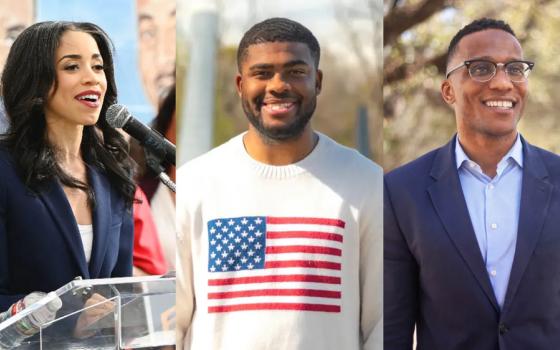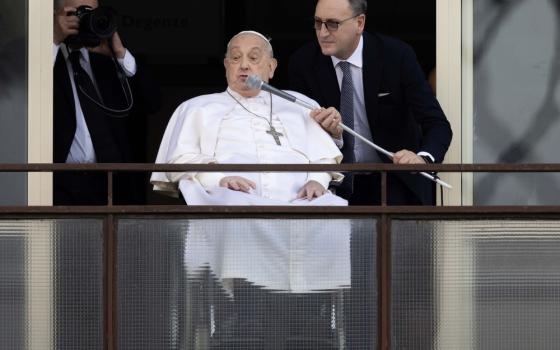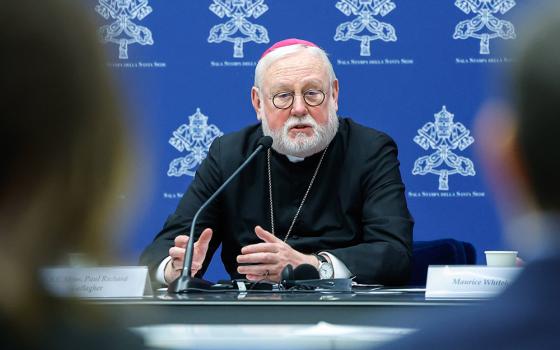BELLEVUE, Wash. -- Declaring that the experiences of the past nine years have shown that "the charter works," Bishop Blase J. Cupich of Spokane, Wash., asked his fellow bishops June 15 to approve revisions to the 2002 "Charter for the Protection of Children and Young Children."
"The charter has served the church well," said Bishop Cupich, chairman of the bishops' Committee on the Protection of Children and Young People. "It is a helpful tool as we keep our pledge to protect children, promote healing and rebuild trust."
A preliminary presentation of the proposed charter revisions June 15 was to be followed by further debate and vote June 16 at the U.S. bishops' spring general assembly near Seattle.
The proposed revisions reflect changes in church law since the last revision in 2005, as well as the recent release of the long-awaited report on "The Causes and Context of Sexual Abuse of Minors by Catholic Priests in the United States, 1950-2010," which had been mandated by the charter.
The report, prepared by the John Jay College of Criminal Justice and released in Washington May 18, concluded that there is "no single identifiable 'cause' of sexually abusive behavior toward minors" and encouraged steps to deny abusers "the opportunity to abuse."
The revisions would bring the charter into line with recent Vatican instructions in response to the crisis of sexual abuse of minors by priests. These include mentioning child pornography as a crime against church law and defining the abuse of someone who "habitually lacks reason," such as a person with mental retardation, as the equivalent of child abuse.
Bishop Cupich said the recent Vatican documents related to sex abuse have "reinforced the commitment we bishops made in 2002."
"They are also a source of encouragement that the decisions we made are making a positive impact on the universal church," he added.
During the preliminary presentation of the revisions, only questions of clarification were permitted and there was no debate.
But not every bishop is on board with the charter's provisions, as evidenced by the 28 amendments proposed by Bishop Fabian W. Bruskewitz of Lincoln, Neb., and rejected by the committee.
Most of the amendments suggested by Bishop Bruskewitz were aimed at weakening the charter's wording because, the bishop said in a rationale included with the amendments, "The USCCB bureaucracy cannot bind bishops to obey the charter."
"It is fundamentally dishonest to tell the faithful and the general public that the USCCB has any authority whatsoever to bind dioceses/eparchies to obey the charter," Bishop Bruskewitz wrote. "The more commitments, the more grounds for lawsuits."
|
More coverage from the U.S. bishops' meeting in Bellevue, Wash. June 15-17. From NCR From other news agencies
|



